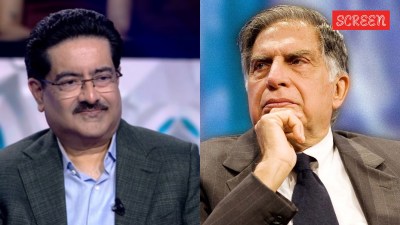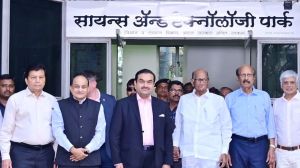Guns, not butter
Maybe DRDO8217;s work has civilian spin-offs. But the real issue is its core incompetence

The National Council of Applied Economic Research NCAER, which has some excellent work to its credit, received its most intriguing commission when the Defence Research 038; Development Organisation DRDO, as reported in this paper, asked it to identify, quantify and analyse its contribution to society, economy and industry. That decision was evidently a tactical counter-move to criticism of the DRDO, engendered in part by a multi-part series on the organisation in this newspaper last year. The DRDO wanted words of praise from credible sources to be able to tell the ministry of defence and parliamentary select committees that just because, say, a battle tank is in decades-long gestation, it doesn8217;t mean defence technology can8217;t have exciting spin-offs in civilian sectors. The internet, the DRDO can always say, came out of a US defence research project.
The crucial difference of course is that American defence research does its main job very well. The DARPA 8212; Defense Advanced Research Projects Agency 8212; was set up by the US government the same year, 1958, the DRDO was born. DARPA is a first-rate, nimble research station that has a scientist/administrator ratio of 1.4:1. The DRDO is an ordinary, slow-footed sarkari daftar that employs five non-scientists for every scientist. The list of expensive failures in the DRDO8217;s research projects is well known. Indian armed forces commanders know the less publicised but perhaps more damaging DRDO 8216;successes8217; 8212; the 105 mm field gun is one example.
Therefore even if NCAER8217;s study establishes useful forward linkages between the DRDO8217;s offices 8212; where a handful of scientists work amidst armies of babus 8212; and the economy, the central problem will not be addressed. Indeed, it is surprising why the defence ministry didn8217;t nix the idea. As our series and other authoritative studies on DRDO have shown, the only way out is completely radical reform. Cosmetic exercises at managing reputation can delay change, an outcome that will incidentally be welcomed by the DRDO brass. If the defence ministry is really serious about reforming the DRDO it should ask one question: how come India has produced world-class professionals in software, biotechnology, medicine, but is such a hopeless also-ran in producing defence researchers? You don8217;t need NCAER to come up with the explanation. The one-word answer is DRDO.
- 01
- 02
- 03
- 04
- 05































